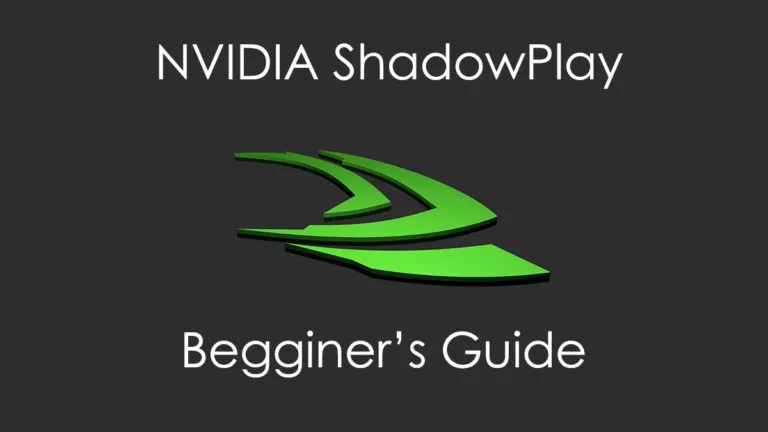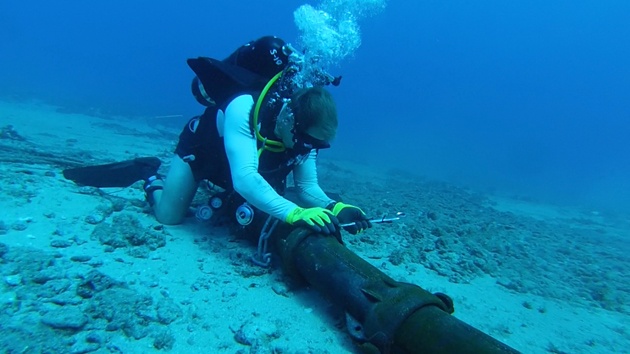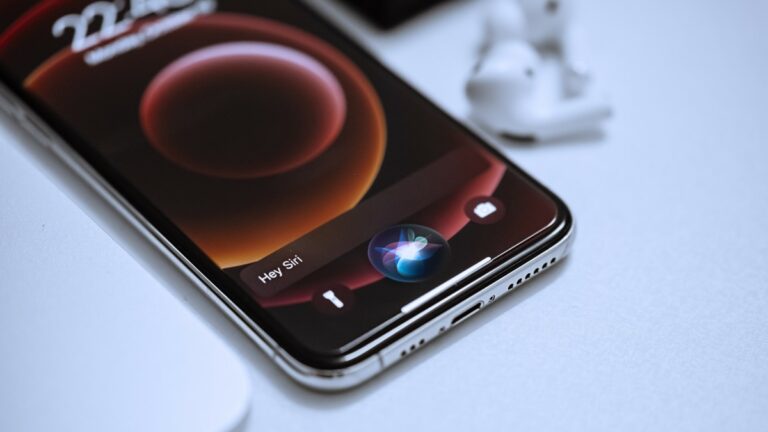What’s The Difference Between The Internet And World Wide Web?
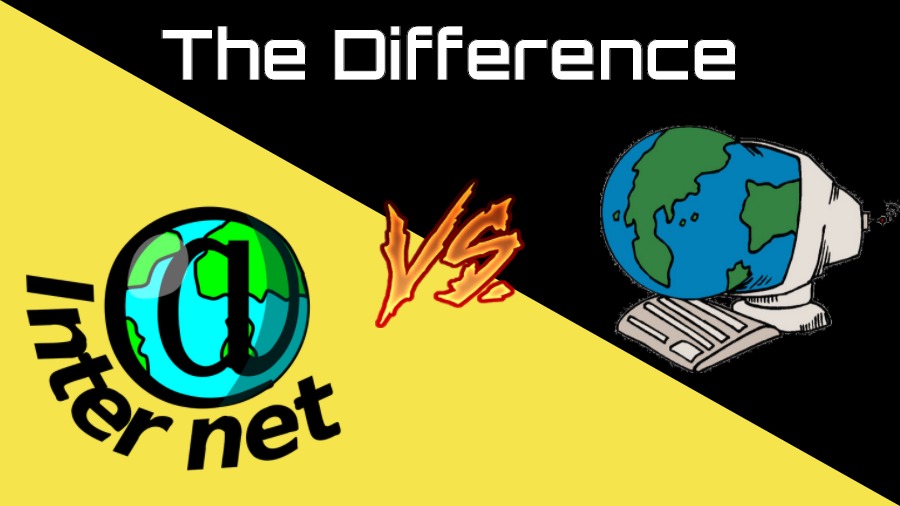
All things you do, whether it’s streaming movies, browsing Facebook, some other stuff, you are doing it on the web, not on the internet. The Internet is a network of computer devices, routers, and servers spread across the globe. While the web or the World Wide Web is like software running on the internet, it doesn’t have any physical existence. The web provides access to all the websites and services with the help of various protocols.
We usually assume that the internet and world wide web (commonly known as the web or WWW) are the same things. But they aren’t, although they’re required to exist together to get things done. Most of the time, we don’t give a second thought before using one word in place of the other.
So, what is the internet?
The Internet is the physical network of networks of networks, and so on. The devices connected to your home router are part of the local area network (LAN). Similarly, if a computer network expands across your city, it would be known as the Metropolitan Area Network (MAN). The Wide Area Network (WAN) can have its reach across the whole nation, or even overseas. You can check out the differences between LAN, MAN, WAN, etc. in our detailed article.
In a nutshell, an uncountable number of small, medium, and large-sized networks contribute towards a massive computer network known as the Internet. It consists of various end-user devices, routers, switches, data servers, etc. Special underwater cables are laid across countries and continents to make the internet a global thing.
When was the internet born?
The early attempts of building computer networks are dated back to the 1950s, mostly in the United States. The ARPANET started in 1969 (till 1990), and it’s often credited as the first wide-area network that spanned across the US. It aimed to act as a communication aid for US defense forces and create links between various research institutes. The ARPANET used the early versions of the TCP/IP protocol suite that has become the backbone of the modern internet.
Read More: What is DNS (Domain Name System) and How it Works?
And, what is the World Wide Web?
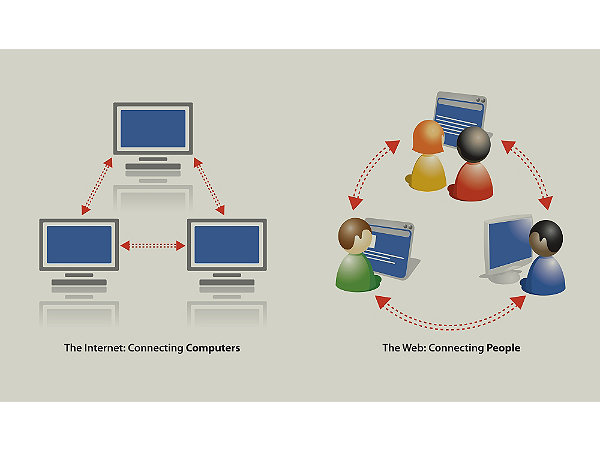
Now, all the computers connected together as the internet aren’t going to transfer information on their own.
Let us take an example of a talking club. Consider the people sitting in the club as the devices connected to the internet. Now, they can communicate over many mediums. For instance, they can talk to each other or write their thoughts on a piece of paper and pass it on.
You can relate the world wide web as one of the ways to exchange information on the internet. Usually, we define WWW as the information space where web pages (and other things) are identified using their URLs (Unique Resource Locator), interlinked using hypertext links, and can be accessed over the internet. The web pages are stores on computers from where they can be requested by other computers.
Assume you’re sitting in one such club (internet) with other people (devices connected to the internet). You can ask one of them about their thoughts (web pages) by speaking (using the web). Their identification details (URL) can be their name or face, in case you’re new to the club. And the hypertext link is ‘you’ trying to make efforts to access more of their thoughts.
In reality, the hypertext links are the clickable links you find on websites. So, if a person tells you some information and you want to know more, then you can ask related questions (visit the links). For example, you can find many links on this page and click on any of them to know more.
Now, there might be rules in the club regarding how you should talk. For example, it might be compulsory to speak in a low voice, or you need to close your eyes while talking. We have the protocols to maintain a smooth flow of data from a web server to your web browser. And we call it the HTTP (Hypertext Transfer Protocol), or a newer one, HTTP/2.
HTTPS is a variant of HTTP that secures the connection by adding a layer of encryption. However, HTTP is only one component that enables communication. There are other helping hands like TCP/IP and UDP protocol. But that’s in a different depth of the story.
Usually, we don’t visit the websites directly. We take the help of search engines that crawl everywhere and index the sites. There is a part of the web beyond the reach of the search engines. It is called the Deep Web and also there is something called the Dark Web.
Also Read: What Is The Difference Between Deep Web, Darknet, And Dark Web?
Who invented the world wide web? Who owns the web?
No one owns the web. It was created by the computer scientist Tim-Berners Lee in 1989 while working at CERN. He also led the foundation of the World Wide Web Consortium (W3C), which looks after the development of web standards. Lee is the current director of the consortium.
What about other mediums of conversation?
Talking is one way of exchanging information, but there are other means as well. For instance, you prefer to write the stuff on a piece of paper. You can assume this thing as the email. Yeah, email is a different thing than the WWW. And I hope you don’t try to mix the two technologies.
The use of email or electronic mail is to exchange messages between two devices over the internet. Earlier, it was all text in the emails, but nowadays, the emails have started to include rich multimedia content. There are separate protocols to make sure the delivery of emails across devices and platforms remains uninterrupted. For instance, there might be a rule to put the piece of paper in a box next to the addressee.
Some of the popular email protocols are SMTP, POP3, IMAP; they have their own set of pros and cons. Similarly, there can be other modes of conversation. You can also transfer files over the internet directly using the FTP (File Transfer Protocol).
So, speaking of the internet vs world wide web, it’s now clear that the two technologies go hand in hand. They contribute to the overall connectivity experience we have right now and provide information at our fingertips.
Did you find this helpful? Drop your thoughts and feedback.



